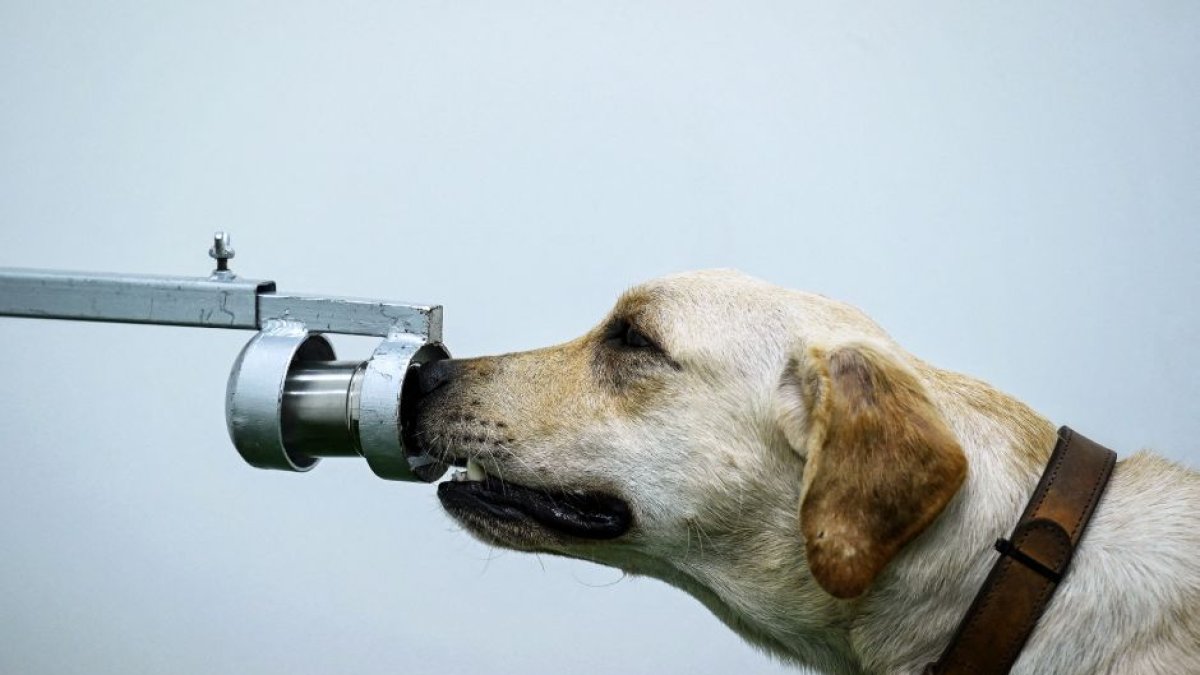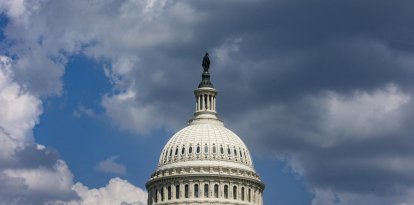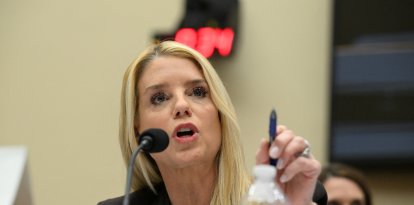Animal groups welcome the Trump administration's move away from scientific animal testing
The FDA recently revealed that it will not require animal testing for monoclonal antibody therapies and other drugs.

A dog during a scientific test.
Several animal rights organizations expressed their support following the announcements by the Food and Drug Administration (FDA) and the Environmental Protection Agency (EPA) on the progressive abandonment of the use of animals in scientific tests.
The FDA revealed that it will no longer require animal testing for monoclonal antibody therapies and other drugs in favor of technologies such as organoids - lab-grown cell masses that simulate human organs - and artificial intelligence. This decision represents a paradigm shift that promises to accelerate the development of safe and effective treatments while reducing costs and avoiding animal suffering.
PETA and other voices celebrate the decision
The organization PETA called the FDA's decision a fundamental breakthrough. "PETA applauds the FDA’s decision to stop harming animals and adopt human-relevant testing strategies for evaluating antibody therapies," Kathy Guillermo, the group's vice president, said. "It’s a significant step towards meeting the agency’s commitment to replace the use of animals," she added.
Other groups, such as the White Coat Waste Project, known for denouncing beagle dog testing practices, also applauded the announcement. "This is great news for taxpayers and pet owners as it sends a message to big spending animal abusers across the federal government," its vice president, Justin Goodman, said in a statement.
EPA resumes policy pushed during Trump's tenure
In parallel, the EPA announced that it will reinstate its 2019 policy to phase out the use of animals in its research, which had been slowed under the Biden administration. The goal is to reduce the use of mammals in testing by 30% by 2025 and to eliminate it completely by 2035.
"[We are] wholly committed to getting the agency back on track to eliminating animal testing," EPA Administrator Lee Zeldin said, noting it is both an ethical and efficiency issue.


























